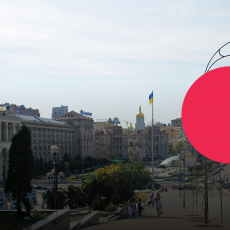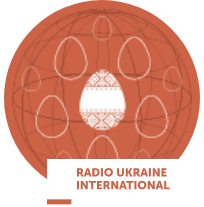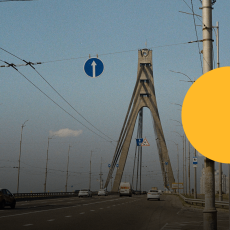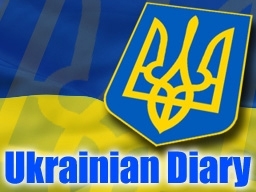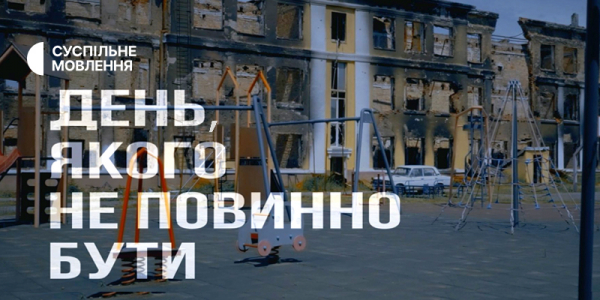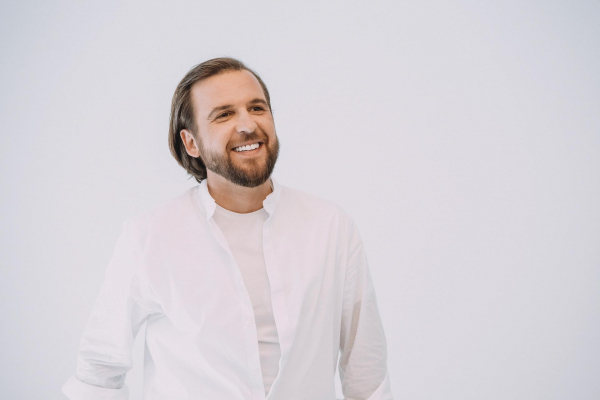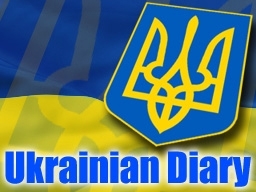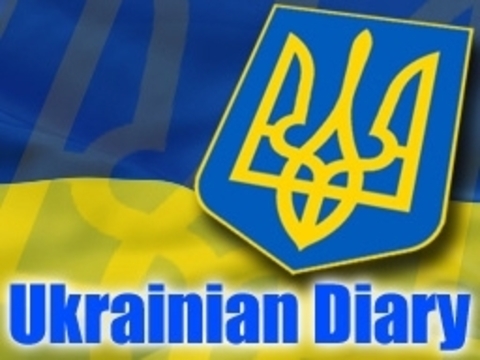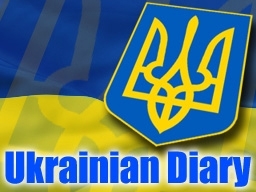Weekly roundup of the situation in the war-torn areas of Eastern Ukraine
Unrest persists in the war-torn areas of Eastern Ukraine. Over the past week the enemy has been breaching the ceasefire in multiple spots all along the engagemet line, and kept shelling residential areas using heavy weapons, according to the daily reports by the Joint Force Operation press center.
Incessant enemy strikes have caused significant losses among the Ukrainian troops, and also caused damage to civilian infrastructure of critical importance. On Monday, Deputy Chief Monitor of the OSCE SMM Alexander Hug briefed about the situation in the Donbas. He spoke about an “unendless” and pointless cycle of violence”, emphasizing the situation around Donetsk water filtration station that hundreds of thousands of people in Donbas depended on. On Wednesday, the operation of Donetsk water filtration station resumed after its suspension because of a shelling that had disabled electricity supply to the station. On a hopeful note though Alexander Hug also mentioned the willingness to restore normality that he’d noted during his last trip to the war zone, and the “concrete” proposals by “people in position of power on both sides of the contact line” of how to reduce tension and end the violence. “It has been and remains a bizarre and even grotesque situation. But finally in Donetsk region I found what seems a recognition of this. Finally, some people in position of power on both sides of the contact line, it seems, are waking up to the reality. On the ground, there is a growing realization that violence only begets violence. That there are no winners in continuing violence. That only through dialogue can this confilct be resolved, ” said Alexander Hug, Deputy Chief Monitor of the OSCE SMM.
While on Tuesday, US State Department Spokeswoman Heather Nauert has stressed yet again on the importance for the local population of both of the countries in conflict to stop the violence. “The Kremlin controls the violence in Eastern Ukraine and could bring this violence to an end tomorrow if the Kremlin wanted to do that. Russia has claimed it wants to protect Russian speakers, but as our Special Representative for Ukraine Negotiations, Kurt Volker has pointed out on numerous occasions, there's nowhere in the world more dangerous for Russian speakers right now than in eastern Ukraine, Russian and Ukrainian soldiers and civilians continue to die in a conflict manufactured by the Russian Government with forces that arms, equips, leads, and trains. And while Russia perpetuates the violence in eastern Ukraine by pouring money, soldiers, and resources into the region, the Russian economy continues to stagnate,” US Stat Department Spokeswoman Heather Nauert said. She urged to end the Russian aggression in Ukraine, calling on Russia to live up to its commitments within the Minsk agreements.
On Thursday, the commander of the Joint Force Operation, Lieutenant-general Serhiy Nayev has met with the Estonian President Kersti Kaljiulaid, who’s travelling to Eastern Ukraine in the framework of her official visit to Ukraine. Lieutenant-general Nayev informed her about the increase of the enemy activity since the launch of the JFO at the beginning of the month. He informed namely about the use of the banned weapons at daytime, which the enemy did not resort to previously, as well as the rise of shellings in the residential areas at the contact line in Donbas. He stressed on the fact that the task of the Joint Forces was protecting the civilian population.
Ukrainian film director and public activist Oleg Sentsov is on hunger strike in a Russian penal colony: his release depends on a top-level political decision
Oleg Sentsov, the well-known Ukrainian film director, scriptwriter, and public activist, who was illegally sentenced in Russia to 20 years in a high security penal colony on fabricated terrorism charges, has been on an indefinite hunger strike since May 14th. His only demand is the release of all Ukrainian political prisoners held in Russia.
His sister Natalya Kaplan said at a press conference in Kyiv on Tuesday that his decision was a surprise to her, but he had his reasons. “He resorted to this is out of despair. For four years I’ve been keeping him posted on everything we do for his release, but things haven’t gotten forward an inch. He’s just given up all hope for his release and his hunger strike is all he can do to get other political prisoners released. He’s on hunger strike while Russia is going to host the FIFA World Cup finals, and that’s also an opportunity for Ukrainian political prisoners to be heard as many people as possible,” said Natalya Kaplan.
Foreign Ministry spokeswoman Maryana Betsa told reporters later on Tuesday that no matter how hard Ukraine and the international community press for releasing Oleg Sentsov and other Ukrainian political prisoners held in Russia and despite solid proofs of their innocence, their fate hinges on top-level political decisions.
“Negotiations on the release of Oleg and other Ukrainian prisoners continue, but we certainly can’t disclose details of this process so as not to harm the process itself and the prisoners. I can assure you that we are doing everything possible and we do want to see Oleg Sentsov and other Ukrainian prisoners back home, safe and sound. We are fighting for their release employing all available legal means and mechanisms, and if we don’t succeed that way, I hope we’ll succeed through negotiations,” said Foreign Ministry spokeswoman Maryana Betsa. According to her, at least 24 Ukrainians are being held in Russian prisons and more than 40 in the occupied Crimean peninsula. Last week, the Russian security service FSB added another two Crimean Tatars to the latter number: Server Mustafayev and Edem Smayilov. The two are charged with involvement in the activities of a so-called “Islamic Liberation Party”. The Crimean Tatar Mejlis has called the charges “totally absurd” since the said party simply doesn’t exist.
United Nations Independent Expert has analyzed the human rights situation in Ukraine
«Human rights cannot be fully realized and protected without allocation of financial resources for the common good,» according to United Nations Independent Expert on foreign debt and human rights Juan Pablo Bohoslavsky. This was said by Bohoslavsky in his statement on Wednesday, concluding his official visit to Ukraine aimed at the assessment of the human rights situation from the standpoint of foreign debt and other related international financial obligations. Summing up his visit, UN Independent expert has acknowledged Ukraine’s progress in its fight against illicit financial flows, but warned that economic reforms without clear safeguards for human rights can further entrench inequality and poverty. He stressed that all HR «from food, housing and heath to access to justice, the right to vote and the freedom of expression were closely linked to public finances,» urging to ensure social justice for all in order to comply with HR obligations. He outlined the economic situation over the past few years, when extensive fiscal consolidations measures had been applied and thus the dependency for international lenders had increased. Because of the obligation to repaying the external debt and because of bailing out some private banks, the country had been exposed to additional fiscal restrictions and debt risks, which affect remarkably the most vulnerable and impoverished population. And so, Bohoslavsky emphasized on the unacceptability of imposing the economic sacrifices on the shoulders of the most vulnerable groups when planning further reforms in the country. United Nations Independent Expert on foreign debt and human rights Juan Pablo Bohoslavsky speaks:
In my view, some government officials and international partners seem to share the perspective that in Ukraine moving from an overregulated economic system into a deregulated one will undoubtedly forge the economic development and firmly assist the prevention of corruption. I disagree. Experience shows that there are high risk when the fundamentals of an economy and the development of society are captured by a small elite whose sole interest is their own profit in detriment of the population as a whole. This is as true of a small group of oligarchs benefitting from high-end corruption, and this can be equally true of a small group of private enterprises functioning without any regulation. Both systems benefit a very small group of individualals at expense of the majority of the population effectively ignoring HR obligations. - PB
He added that the countries that had shown success in tackling such challenges would need to «share their experience and make sure that their recommendations for Ukraine reflect those lessons,» and warned about the abuses that corporations may indulge in the absence of restrictions.
Pablo Bohoslavsky also maintained that anti-corruption agencies in Ukraine should pay more attention to prevention of corruption or measures that would be able to minimize incentives for such actions. Still, he complimented progress by the newly established anti-corruption bodies and mentioned that he was impressed by the results that the NABU had managed to achieve in the 3 years of their activity.
“1968 in Germany – a Generation with Two Phases and Faces”, a lecture by renowned German historian and anthropologist Aleide Assmann was held in Kyiv
“1968 in Germany – a Generation with Two Phases and Faces”, a lecture by renowned historian and cultural anthropologist from Germany Aleide Assmann took place in Kyiv on Wednesday.
It’s been programmed in the framework of 68NOW, which is part of the Kyiv International forum of art and knowledge, organized by the VCRC in order to discuss the legacy of the crucial events of 1968, such as Paris student uprisings, and the Soviet invasion of Czechoslovakia following the Prague Spring. Within this focus, the German academic has dedicated her contribution to the context in her home country at the time. According to Aleide Assman, the generation ‘68, born between 1940 and 1950 in Germany, is marked by the Second World War and its aftermath, a country in dissolution, and a strong desire for renewal, return to normal and settled life. This was also the time of bold technical innovation, economic prosperity, and modernization. The historical contribution of the 68ers shouldn’t be limited to what happened in the 1960s and the 70s, according to her. A second revolt in the 1980s has been as equally formative in the emergence of a new Europe.
Here is Assman, explaining her concept of the modern time regime in relation to the situation she had lived through I the 80s in an interview: “It was a moment when on the one hand the historical time frame in which we had grown up was dramatically changing. “The modern time regime” is in short a form of being oriented in time looking into the future and and forgetting the past: the past has no longer any value. Now this clearly was no longer the case in the 80s, when suddenly the past was coming back in a dramatic way, especially in. It had to do with 40 years of commemoration of the 2nd World War, it had to do with the Germans getting into a new European memory, getting out of their confined German memory. And also with the debates of historians on the role of Holocaust. So the past was actually coming closer to us as we were getting to a longer distance from it,” Aleide Assmann said. In her lecture in Kyiv, Aleida Assmann focuses on both revolutionary moments and how they have changed Europe.
Aleida Assmann is the author of numerous books in history and the politics of memory. She’d received multiple academic prizes and held for almost 10 years the chair of English Literature and Literary Theory at the University of Konstanz, Germany.
